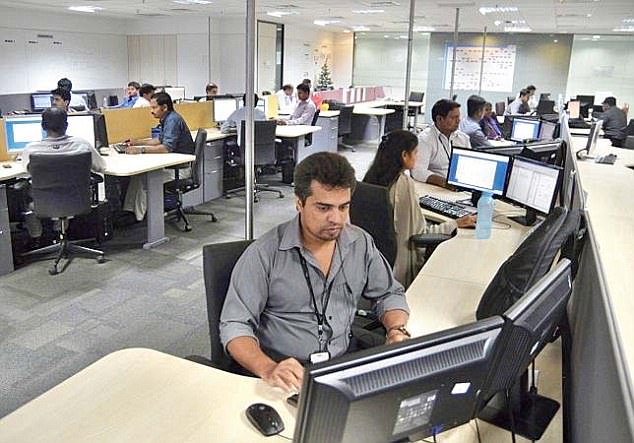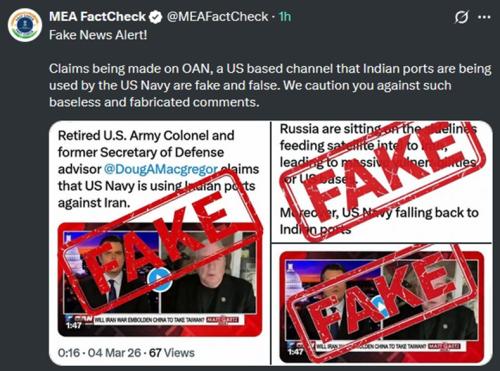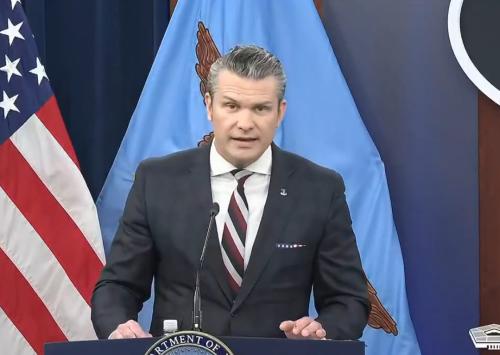Mumbai: A new legislation in the United States—which proposes to increase minimum wages, paid to foreign tech workers employed in the country on H1B visas, from $60,000 to $90,000—has set off alarm bells in India with the National Association of Software and Services Companies (NASSCOM), saying that the proposed law is “arbitrarily targeting” Indian companies which took up only a small portion of these visas last year. Two days ago, a judiciary committee of the US House of Representatives approved the bipartisan Bill ‘Protect and Grow American Jobs Act’, proposed by Republican Congressman Darell Issa and Democratic Congressman Scott Peters, to raise minimum H1B wages from $60,000 to $90,000. The Bill also proposes making Master’s degrees mandatory to qualify for work with H1B visas. The Bill will now proceed to the full House and will also have to be taken up by the Senate before it comes into effect. The law proposed by Darell Isa is among several intended to modify the H1B visa program which is seen as being instrumental in taking jobs away from US citizens and handing them over to foreign tech workers, especially Indians. Nasscom president R Chandrashekhar, who met several US politicians earlier this year to lobby against proposals for curbs on H1B visas, said of the Bill: “It can disrupt the marketplace, threaten thousands of US jobs, and stifle US innovation by unfairly and arbitrarily targeting a handful of companies who used just 16 per cent of the new H1B visas in the financial year 2016 while imposing no new requirements on the vast majority of companies that use the visas to do the same exact same things.” When another Bill, the ‘High-Skilled Integrity and Fairness Act of 2017’, was introduced in the House of Representatives by Democratic party member Zoe Lofgren to double minimum wages from $60,000 to $130,000, Chandrashekhar had said: “Since the rationale for the administration and the legislative wing is to protect job opportunities for Americans, our strong suggestion is that they should carefully calibrate the conditions keeping in mind the skill shortage in the US.” Though there is concern over the move to increase minimum wages under the Protect and Grow American Jobs Act, there is a general sense that this law is less adverse than some of the other proposed laws for curbs in H1B visas since it is in line with the expectations of major Indian IT companies but is seen as impacting IT sweatshops that send low-cost workers to work in the US. “The raising of the salary limits for H1B will definitely create a short-term jolt among Indian IT companies who were expecting the earlier limit of US $60,000 to be raised to around US $90,000-100,000 but not $130,000,’’ Sanjoy Sen, a doctoral scholar at Aston Business School, UK, said when the Lofgren Bill was introduced shortly after Donald Trump became President. Major Indian IT companies paid project managers between $85,000 and $130,000 in the US last year — with salaries varying between US states — while technology leads were paid between $65,000 and $100,000, and systems engineers around $ 65,000, according to data available online. Given the mood against H1B workers since the ascension of the Trump government early this year, Indian IT firms have incidentally been scaling down dependency on H1B visas and claim to have sought only 16 per cent of the visas this year, unlike in previous years where 70 per cent was sought. A drop in demand for H1B visas has been apparent in the number of visas sought by big Indian IT companies. According to online records at some US visa data sites, companies like Infosys, Cognizant, Wipro and TCS, who have been dependent on Indian IT workers in the US in the past, slashed H1B visa applications from nearly 2.75 lakh in 2015 to around one lakh in 2017. The mainstream IT companies are looking at hiring more US citizens and moving work offshore to India to compensate for the tightening of H1B visa norms over the last year. IT body shops in India and their US affiliates have also been reporting big cuts in applications. “Every year, we used to apply for about 600 H1B visas through an US affiliate and we would get 200 visas. This year, we applied for only 10 visas and we have got about five. We are looking at writing off the business this year,’’ said R Prasad, a long-term IT services bodyshopper from Bengaluru who has sent Indian engineers to a Maryland-based manpower firm since the 1990s. The Trump administration and US politicians accuse Indian IT companies of cornering H1B visas and, as a result, jobs meant for US citizens, but IT companies and NASSCOM argue that the US needs to bridge the gap between the demand and supply for tech workers in the US. “The top recipients of the H1B visa are companies like Tata, Infosys, Cognizant — they will apply for a very large number of visas, more than they get, by putting extra tickets in the lottery raffle, if you will, and then they will get the lion’s share of visas,’’ a senior US administrative official told the US media in April this year at a briefing on immigration policies of the Trump administration. The proposed ‘Protect and Grow American Jobs’ law claims to be also intended to curb Indian firms from cornering H1B visas. “Congressman Issa’s Bill comes after a number of companies (Disney, SoCal Edison and others) have come under fire for abusing the H1B Visa program to replace American workers with foreign workers from overseas. The legislation would help close a loophole in the nation’s high-skilled immigration system being used by these companies to bring in cheaper foreign labor from abroad,’’ said a statement issued by Darell Issa while introducing his proposed law in January this year.
US move to hike H1B minimum wages will hit Indian IT sweatshops
- by Rinku
- November 18, 2017 2 minutes

CREATOR: gd-jpeg v1.0 (using IJG JPEG v62), quality = 90
Diageo sues Vijay Mallya for $40 million payment
November 18, 2017










